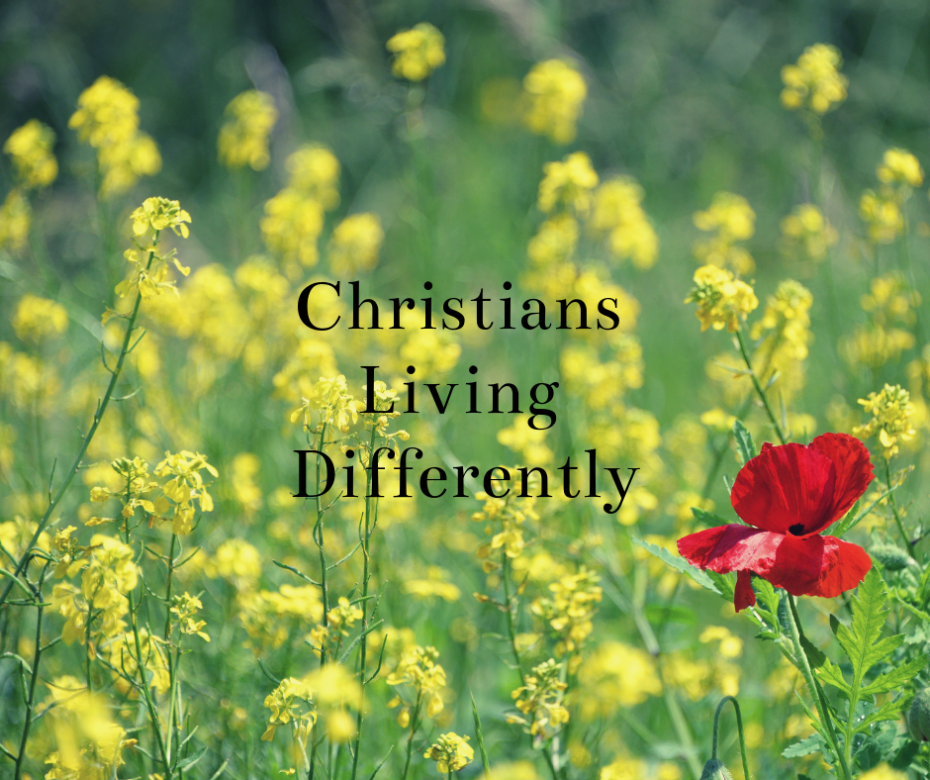I’ve been thinking a great deal about the doctrine of “separation.” It was, and may still be, a defining feature of the Fundamentalist movement. Sadly, I think that doctrine often took a legalistic form. It became part of what you needed to do to be saved or to prove you “really” believed. That doesn’t mean the doctrine of separation is itself wrong. It means we must rethink a “gracious” form of separation (and a more gracious form of Fundamentalism).
Separation means keeping ourselves “unspotted from the world (Jas 1:27).” It means holiness unto the Lord. That doesn’t mean isolation from the world, but it means an examining of questionable practices and associations in the light of the Word and separating from them, if necessary.
For example, in Ephesians, Paul called the believers to walk (i.e., live) differently from the Gentiles around them. Why? What was so bad about the Gentiles? Paul describes their depravity in the starkest terms:
[H]aving their understanding darkened, being alienated from the life of God, because of the ignorance that is in them, because of the blindness of their heart; who, being past feeling, have given themselves over to lewdness, to work all uncleanness with greediness (Eph 4:18-19).
Let’s break down that indictment.
The Gentiles are spiritually degenerate (“alienated from the life of God”).
They are mentally degenerate (“ignorance” and “blindness”).
They are morally degenerate (“being past feeling”).
And they are actively degenerate (“have given themselves over to lewdness, to work all uncleanness with greediness”).
In sum, there was little to commend the Gentile way of life. Hence, the Ephesians were called to be separated from it and to live differently at all levels.
I can’t help but wonder if our society would give the Greeks a run for their money. In which case, you should live differently, too. But your motivation will be different. Your separation will stem from grace, not legalism. You will be thinking, feeling, and acting out of your new identity in Christ, not out of a misplaced desire to save yourself by works. Ultimately, living differently comes from believing differently.


